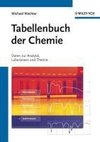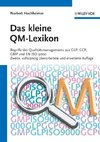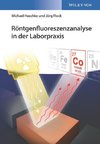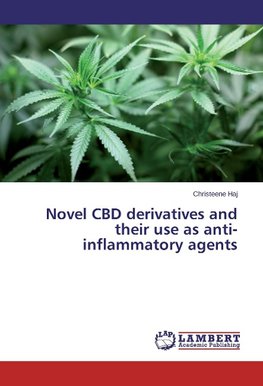
-
 Anglický jazyk
Anglický jazyk
Novel CBD derivatives and their use as anti-inflammatory agents
Autor: Christeene Haj
Cannabidiol (CBD) is a nonpsychoactive component of cannabis with a high potential for use in several therapeutic areas. It binds very weakly to the CB1 and CB2. It has been evaluated both in vitro and in vivo in anti-inflammatory assays. Thus, it lowers... Viac o knihe
Na objednávku, dodanie 2-4 týždne
57.33 €
bežná cena: 63.70 €
O knihe
Cannabidiol (CBD) is a nonpsychoactive component of cannabis with a high potential for use in several therapeutic areas. It binds very weakly to the CB1 and CB2. It has been evaluated both in vitro and in vivo in anti-inflammatory assays. Thus, it lowers the formation of TNF-a, a proinflammatory cytokine, in vitro, and was found to be an oral anti-arthritic therapeutic in murine collagen-induced arthritis in vivo. Its numerous potentially therapeutic pharmacological effects may be due in part to its metabolites. Indeed, a derivative of such a metabolite, CBD-dimethylheptyl (DMH)-7-oic-acid (HU-320) is more potent than CBD as an anti-arthritic agent in the above model of CIA. Several synthetic enantiomeric (+)-CBD derivatives, have been found to be bind to the CB1 receptor, but have only peripheral action and may not be able to cross the blood-brain barrier while its 7-OH-counterpart , (+)-7-OH-cannabidiol-DMH does cross the blood-brain barrier. The lack of central effects may make possible the development of such derivative as peripheral anti-inflammatory drugs.
- Vydavateľstvo: LAP LAMBERT Academic Publishing
- Rok vydania: 2015
- Formát: Paperback
- Rozmer: 220 x 150 mm
- Jazyk: Anglický jazyk
- ISBN: 9783659781971


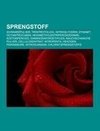
 Nemecký jazyk
Nemecký jazyk 

